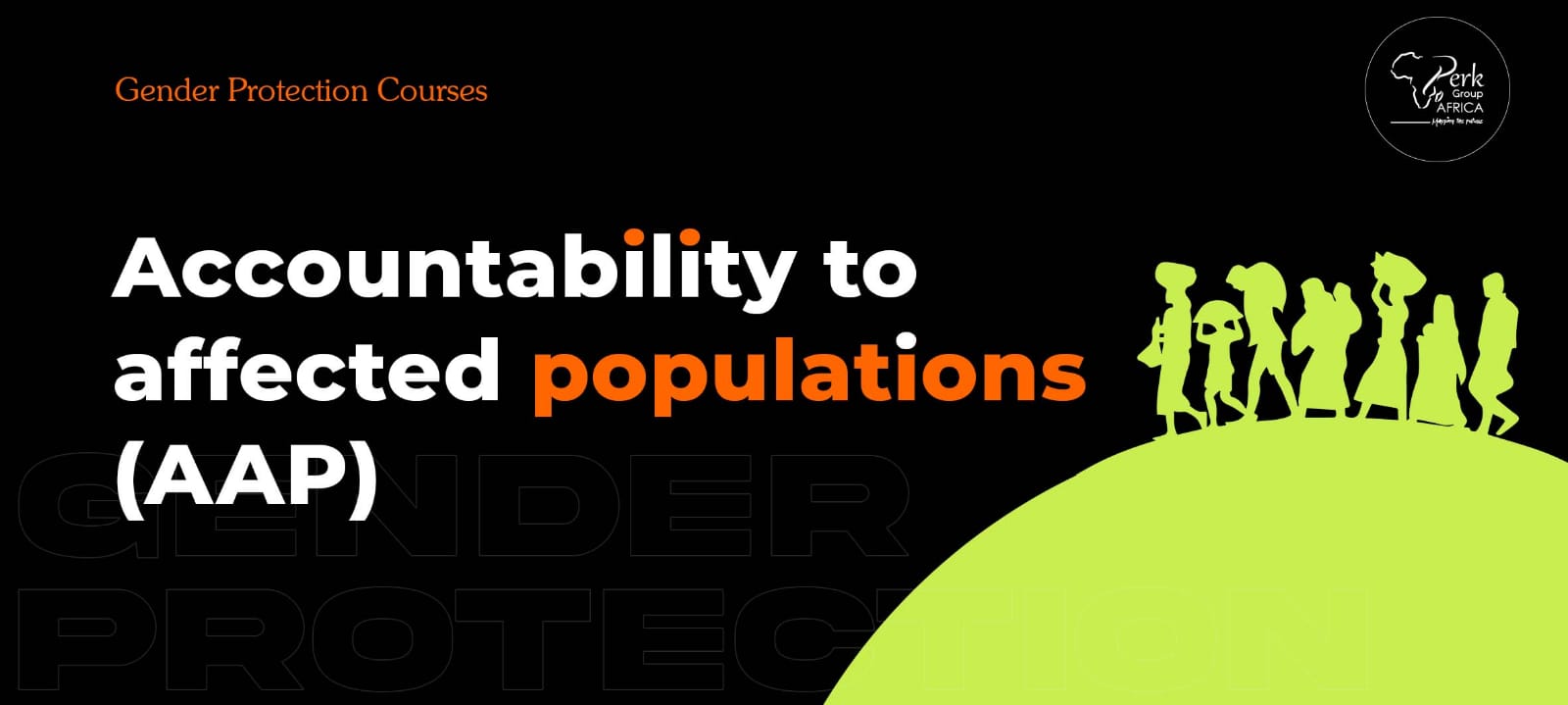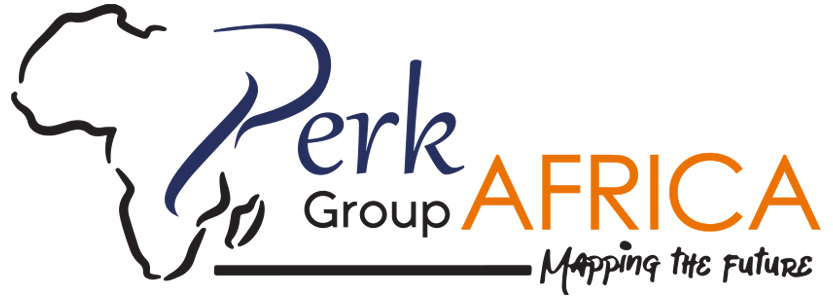
Training Course on Accountability to Affected Populations
Course Overview
This Course offers a concise and impactful exploration of the principles and practices necessary for humanitarian and development organizations to ensure accountability to the populations they serve. This course equips participants with the knowledge and skills to engage with affected communities, foster meaningful participation, and uphold the rights and dignity of those impacted by crises and development interventions.
By the end of this course, participants will gain a comprehensive understanding of the importance of accountability to affected populations. They will explore strategies for community engagement, feedback mechanisms, and complaint response systems to ensure that the voices and needs of affected populations are heard, respected, and incorporated into decision-making processes
Course Duration
- Online Training: 5 days (4hrs a day)
- Classroom Training: 5 days (7 hrs a day)
Course Outline
Module 1: Understanding AAP Principles and Frameworks
- Defining AAP and its importance in humanitarian and development sectors.
- Overview of core principles: Participation, Transparency, Feedback, and Redress.
- Introduction to key AAP frameworks, such as the Core Humanitarian Standards (CHS) and Inter-Agency Standing Committee (IASC) guidelines.
Module 2: Human Rights and AAP
- Linkage between human rights principles and AAP.
- Discussion on ethical considerations and respect for cultural sensitivities.
- Case studies on human rights-based approaches to AAP.
Module 3: Identifying Stakeholders and Understanding Power Dynamics
- Identifying affected populations and stakeholders.
- Addressing power imbalances and fostering inclusive participation.
- Group exercises on mapping stakeholders and understanding community power dynamics.
Module 4: Establishing and Managing Feedback Mechanisms
- Types of feedback mechanisms (surveys, hotlines, community focal points).
- Steps for designing accessible and inclusive feedback channels.
- Practical session: Designing a feedback mechanism for a sample community.
Module 5: Engaging Communities and Building Trust
- Strategies for transparent and effective community engagement.
- Role of communication in building trust with affected populations.
- Role-play exercise on effective communication strategies in AAP.
Module 6: Monitoring, Evaluating, and Improving AAP Processes
- Key performance indicators for assessing AAP effectiveness.
- Methods for collecting and analyzing feedback data.
- Group activity: Developing an AAP monitoring and evaluation plan.
Module 7: Addressing Challenges and Overcoming Barriers
- Common challenges in AAP implementation (cultural barriers, resource constraints).
- Strategies to address and overcome these challenges.
- Open discussion: Participants share experiences and solutions.
Module 8: Best Practices in AAP from Case Studies
- Presentation of successful AAP implementations in various humanitarian contexts.
- Case study analysis: Identifying success factors and lessons learned.
- Group discussions on adapting best practices to participants’ own contexts.
Module 9: Action Planning and Wrap-Up
- Developing individual action plans to apply AAP in participants’ organizations.
- Final group reflections and sharing commitments.
- Course evaluation and feedback session.
Note: This outline provides a general structure for the accountability to affected populations course. The specific content, activities, and duration of each session may be adjusted based on the target audience, learning objectives, and available time.
Classroom Training Schedule
| Start Date | End Date | Location | Cost | Apply |
|---|---|---|---|---|
| Feb 02, 2026 | Feb 06, 2026 | Nairobi | $ 1200 | Register |
| Mar 09, 2026 | Mar 13, 2026 | Nairobi | $ 1200 | Register |
| Apr 13, 2026 | Apr 17, 2026 | Nairobi | $ 1200 | Register |
| May 18, 2026 | May 22, 2026 | Nairobi | $ 1200 | Register |
| Jun 22, 2026 | Jun 26, 2026 | Nairobi | $ 1200 | Register |
| Jul 27, 2026 | Jul 31, 2026 | Nairobi | $ 1200 | Register |
| Aug 31, 2026 | Sep 04, 2026 | Nairobi | $ 1200 | Register |
| Oct 05, 2026 | Oct 09, 2026 | Nairobi | $ 1200 | Register |
| Nov 09, 2026 | Nov 13, 2026 | Nairobi | $ 1200 | Register |
Virtual Training Schedule
| Start Date | End Date | Location | Cost | Apply | |||
|---|---|---|---|---|---|---|---|
| Jan 19, 2026 | Jan 23, 2026 | Online | $ 600 | Register | |||
| Feb 23, 2026 | Feb 27, 2026 | Online | $ 600 | Register | |||
| Mar 30, 2026 | Apr 03, 2026 | Online | $ 600 | Register | |||
| May 04, 2026 | May 08, 2026 | Online | $ 600 | Register | |||
| Jun 08, 2026 | Jun 12, 2026 | Online | $ 600 | Register | |||
| Jul 13, 2026 | Jul 17, 2026 | Online | $ 600 | Register | |||
| Aug 17, 2026 | Aug 21, 2026 | Online | $ 600 | Register | |||
| Sep 21, 2026 | Sep 25, 2026 | Online | $ 600 | Register | |||
| Oct 26, 2026 | Oct 30, 2026 | Online | $ 600 | Register | |||
| Nov 30, 2026 | Dec 04, 2026 | Online | $ 600 | Register |
Course Language
This Training course is offered in ENGLISH . Please indicate the language of choice during registration.
Course Delivery
Presentations are well guided, practical exercise, a plenary presentation, and group work. Participants are encouraged to bring any data relevant to their job responsibilities. This is hands-on, product-oriented training and will mostly involve practical exercises. Each participant MUST bring along their own working laptop and android phone.
Certification
Upon completion of training, the participant will be issued with a certificate of Completion.
Tailor-Made Course
3 months post-training support, consultation, and coaching is a guarantee from us and will be available after the course.We can also do this as a tailor-made course to meet organization-wide needs. Contact us to find out more: training@perk-gafrica.com.
